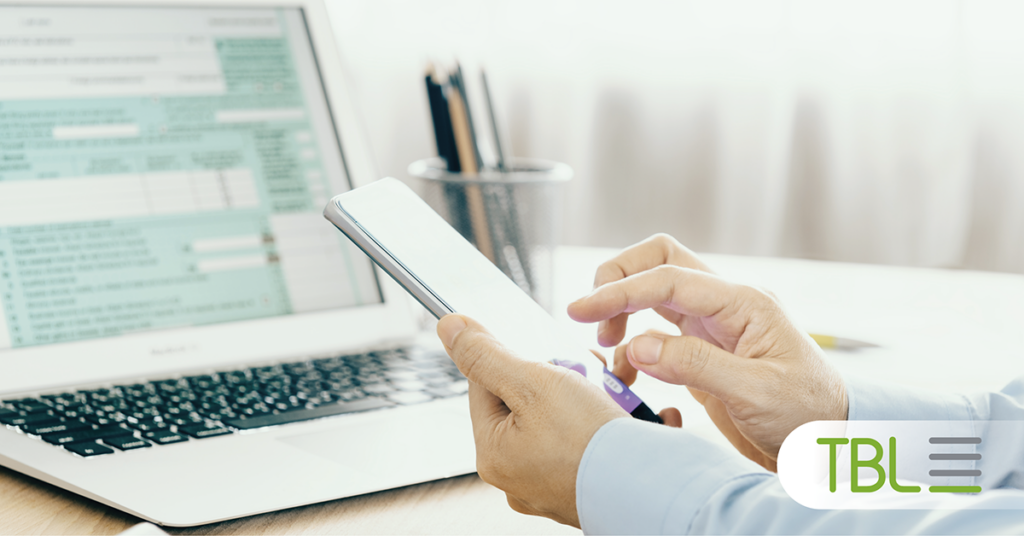These last few months have been a particularly anxious time for SMEs and the self-employed, as the impact of Coronavirus has unfortunately resulted in a sudden loss of work for many businesses.
The Government has provided various means of financial support so far, including the Coronavirus Job Retention Scheme to help eligible businesses retain as many members of staff as possible even if they are not currently working, deferred payments of VAT and Income Tax, as well as offering loans, grants and rates reliefs to assist businesses with managing their cashflow.
However, because a number of these support measures were not available nor intended for the self-employed, the Government also introduced the Self-Employment Income Support Scheme (SEISS) in March to coincide with the financial support available through the Coronavirus Job Retention Scheme.
Through the scheme, self-employed individuals and members of partnerships can claim a taxable grant worth 80% of their average trading profits, up to a maximum of £2,500 per month for the next 3 months. Those eligible can still apply for this first grant until 13 July.
What has changed in the Self-Employment Income Support Scheme?
Over 2.3 million claims have been made under the scheme so far, worth a total of £6.8 billion. In May, the Chancellor of the Exchequer, Rishi Sunak, confirmed an extension of the scheme until 19 October 2020, where eligible self-employed individuals who have been “adversely affected” by coronavirus can make a claim for a second and final grant in August.
Similar to the tapering of the furlough scheme, the amount available to claim through the second SEISS grant has been reduced to 70% of the individuals’ average monthly trading profits, which will be paid in a single instalment to cover 3 months’ worth of profit, up to a capped total of £6,570.
While the service to apply for this grant does not open until 17 August 2020, eligible self-employed individuals who did not apply for the first grant can apply for this one.
For more information on the extension of the Self-Employment Income Support Scheme, you can read the official documentation here.
Who can apply for the scheme?
As of 2 July 2020, HMRC has updated guidance on who can apply for the Self-Employment Income Support Scheme, by providing more detail on what is meant by the term “adversely affected by coronavirus” to be eligible for claiming the first and second grant.
Your business could be adversely affected by coronavirus if, for example:
- you’re unable to work because you:
- are shielding
- are self-isolating
- are on sick leave because of coronavirus
- have caring responsibilities because of coronavirus
- you’ve had to scale down, temporarily stop trading or incurred additional costs because:
- your supply chain has been interrupted
- you have fewer or no customers or clients
- your staff are unable to come into work
- one or more of your contracts have been cancelled
- you had to buy protective equipment so you could trade following social distancing rules
You can find more information on this here, while HMRC have provided example scenarios to help illustrate the guidance here.
What other forms of support are available for the self-employed?
Self-employed individuals could be eligible for other financial measures put in place, including:
- Deferral of Self-Assessment Income Tax payments due in July 2020
- Grants for businesses that pay little or no business rates
- Business Interruption Loan Scheme
The TBL Accountants team will keep you informed of all updates during this time so you can be aware of all the support being made available to you and your business. If you have any questions or enquiries, please get in touch with the team here or call us on 01702 466 886.
